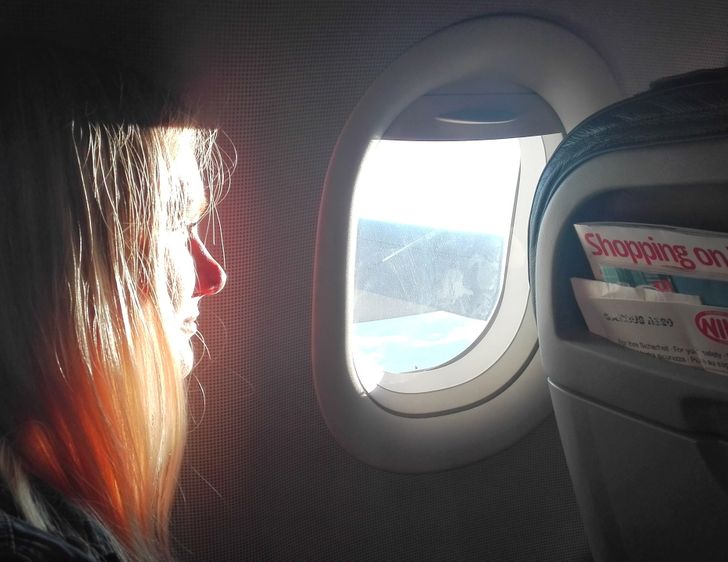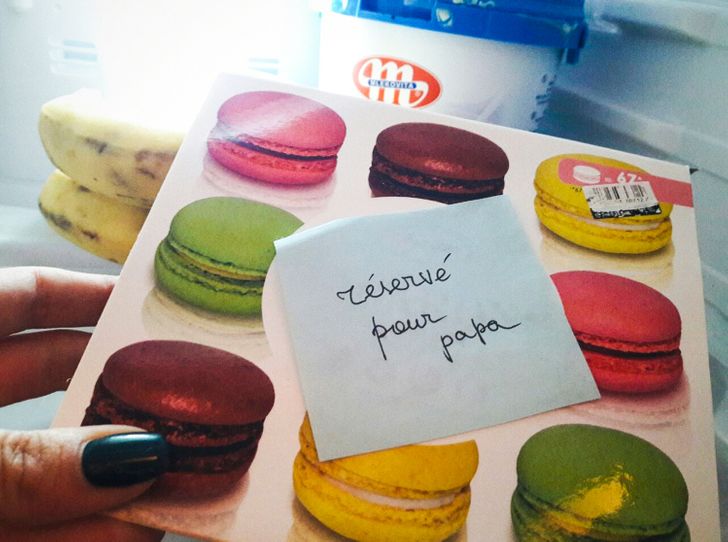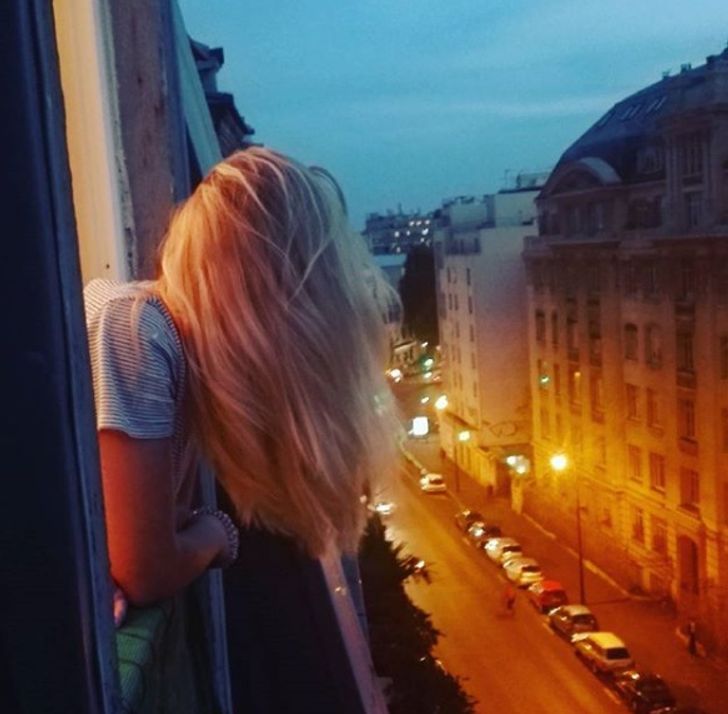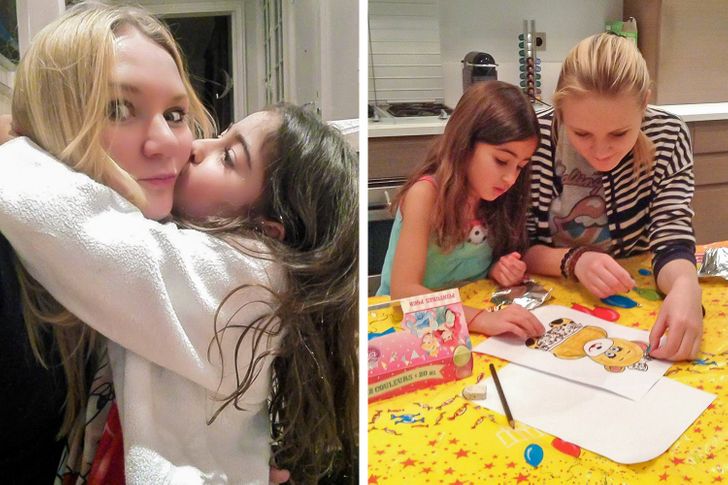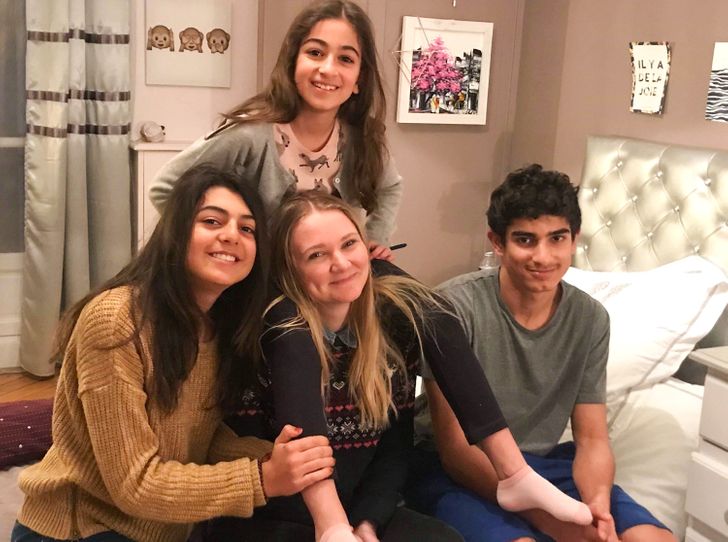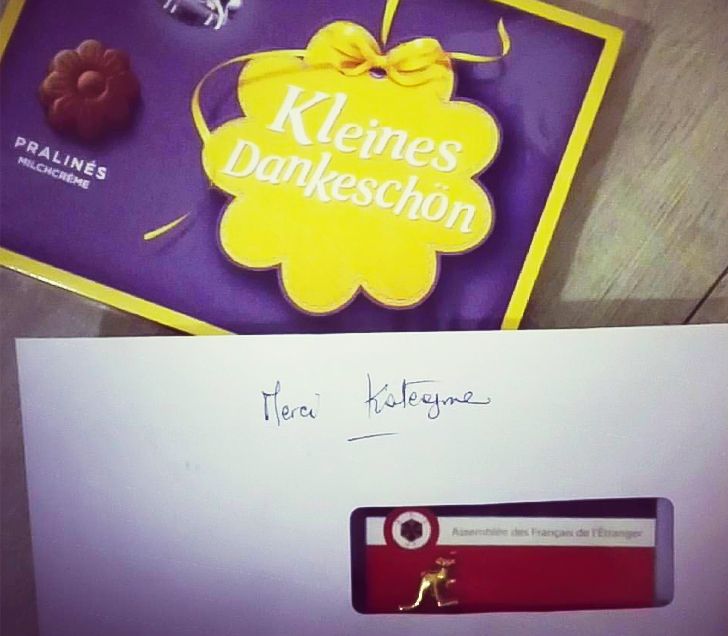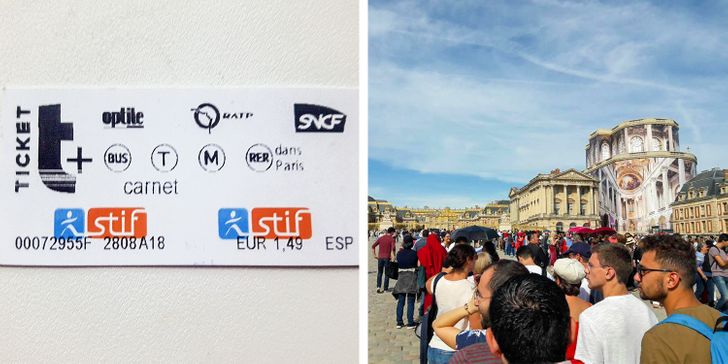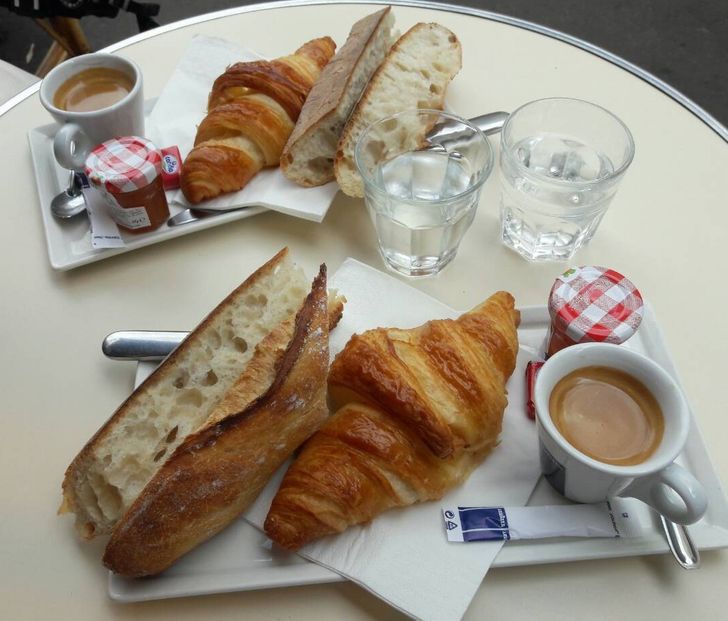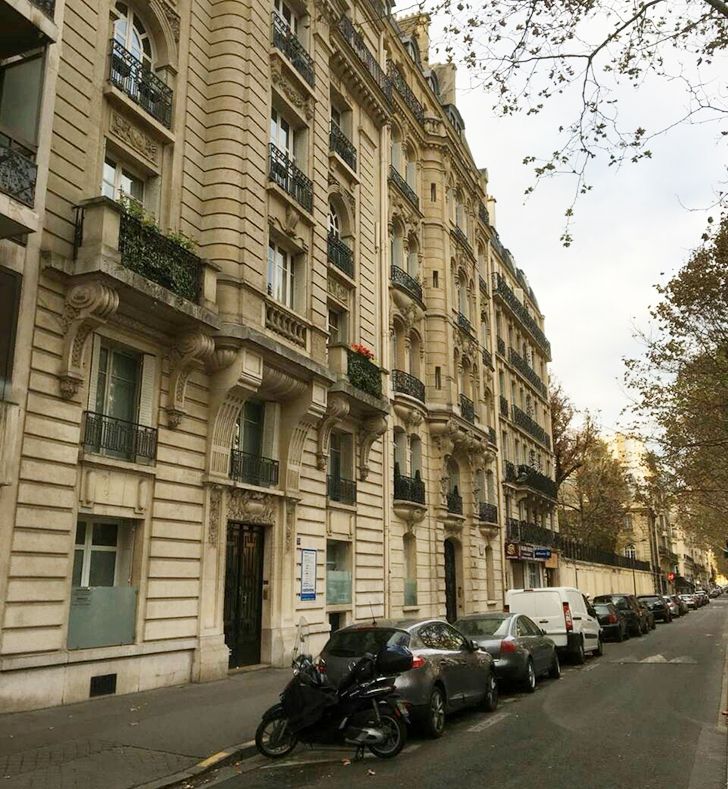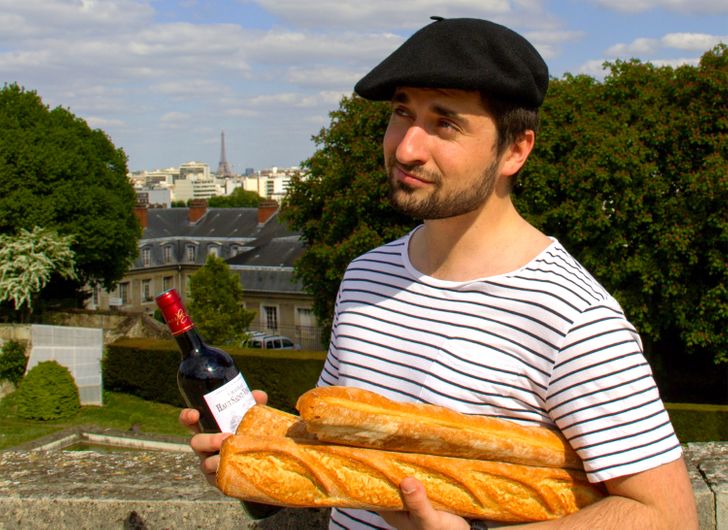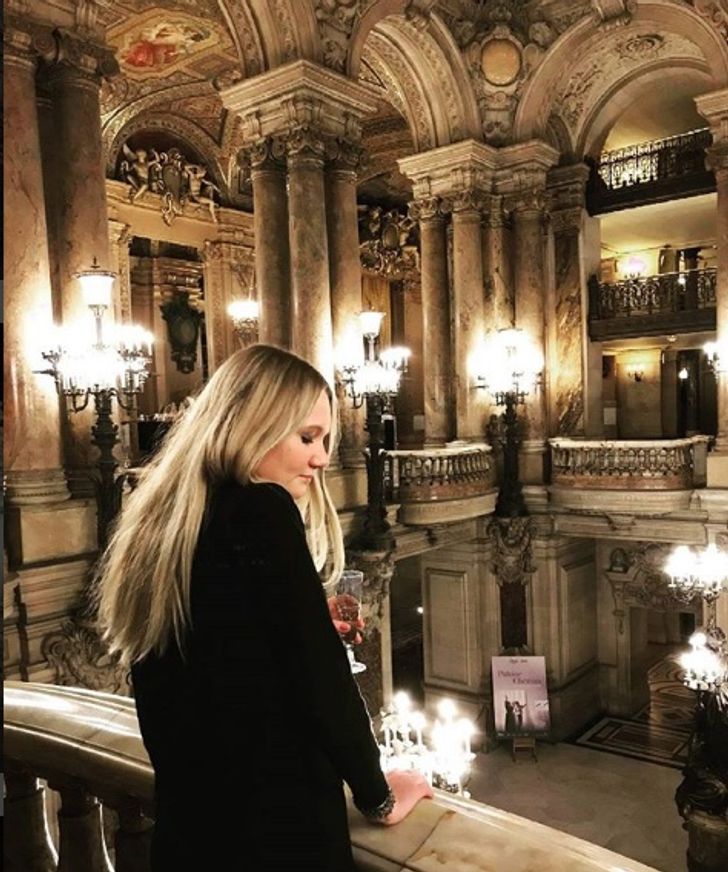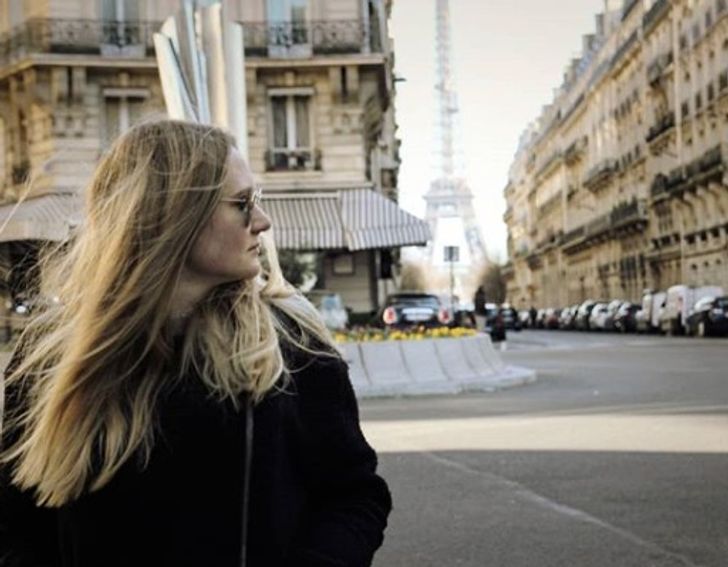Sorry, but why do you feel you need to use another senseless argument into the whole refugee bashing atmosphere that currently exists? You might think about your responsibility as a "writer" and not spread xenophobia just because the French government restricts you in some ways. It's not like refugees choose their fate and want to leave their country just because they need a change of scenery. Choose your words more wisely!
I Moved to Paris 4 Years Ago and Life Here Is Tougher Than You Think
In 2014, I made an important decision to make a big change in my life. I left my ordinary life in Kiev, I packed my stuff, and I moved to Paris. This sounds like the beginning of a romantic movie but in fact, it was nothing like a beautiful story about cozy French restaurants, hot croissants, and the view of the Eiffel tower from my window.
Especially for Bright Side, I will tell you what it means to live in France if you are not a tourist.
This is me, Katya. This is what I looked like in 2014 on the day that I moved.
Many people ask me why I decided to drop everything and just leave. I love saying, “Because my love for cheese and wine beats my love for my home!” Of course, this is nothing but a joke. And seriously speaking, I had been studying the French language for most of my life: since my 1st year in school through college. I had always dreamed of living in France, and getting to know the culture and the style — not just from books, but from real life.
When I was finishing my 4th year in college, I decided to make my dream come true. I didn’t have a good job or my own apartment so I wasn’t leaving much behind. I clearly understood that if nothing worked out, I would simply go back home to where I started.
Me on the plane from Kiev — Paris, on the way to my new life.
I went to live with a French family.
In the U.S. and Europe there is an international program called Au Pair that allows you to live at least one year in a different country. You come to live with a family where you are provided with food, accommodations, and a salary in exchange for your help with the children and the house.
Unfortunately, I was not very lucky with the family I got. My room was in the basement, near a storage room with old stuff and mops. It was really wet down there and I always felt like I wasn’t part of the family.
I’m not high-maintenance and I think I could have easily handled these conditions, but I couldn’t handle the children’s behavior. The way I saw it, this was the result of poor parenting. The parents were always fighting, trying to save every penny, and made the children follow a strict diet with no meat. They said it was because the children ate a lot of meat at school for lunch which is harmful and expensive.
Cakes reserved for the father in the fridge.
However, there were no food taboos for the father. Some dessert in the fridge were labeled “Reservé pour papa” (Reserved for dad).
Naturally, I didn’t get to eat good food either. For example, the mother would give me expired yogurt that she didn’t want to throw away.
And I decided to choose a different family.
My new apartment on the top floor.
I couldn’t handle this anymore, so I decided to leave the family. This meant that I had to look for a substitution. The new family I found was not much better to me. According to the rules, the family is supposed to give me a travel card for buses, subways, and other public transportation (it cost €37) but they said it was too expensive for them. So, I had to travel on foot and leave home several hours ahead of time to get the children from school.
I had a separate apartment that was on the 8th floor in a building without an elevator. And my neighbor was Raphael, the son of Hélène Ségara who is famous for the role of Esmeralda in Notre-Dame de Paris. And I am really grateful to Raphael for letting me use his wi-fi for free.
The girl I took care of loves drawing. In the photo on the right, we are doing homework: painting the bear and discussing it.
The children in the new family were nice and I became close with them very quickly. A year later, I decided to move out. The family offered me the chance to stay with them longer but I decided it was time to move on. I couldn’t work as a babysitter my entire life. I then entered the Sorbonne University because I was only a French entrepreneur from Kiev, so there were not a lot of job opportunities.
I visited the second family I worked for 3 years later. Here, the girl from the previous photo is 9 years old.
Now, I have a bachelor’s degree in hospitality and I am a manager of 2 hotels. I spend one day working at one hotel, and the next day I work at the second hotel.
The perks of working as a hotel manager: sometimes, clients thank me for the good job I do and give me small gifts.
The price of living in Paris
On the left, a subway ticket for €1.49. On the right — the line of people who want to visit the Louvre.
The minimum wage in Paris is €1,200 per month. Eating at a cafe costs €15 on average. A subway trip costs €1.90, but if you buy 10 tickets at once, you can save some money since the price drops to €1.49 for each. What about museums? The admission price usually starts at €15. For example, if you want to get to the top of the Eiffel Tower, you have to pay €25. And visiting the Louvre costs €20. Taking a trip on a boat in the river is €15.
This is a typical French breakfast that costs €7.50. It includes a cup of espresso or a cup of coffee with milk, half of a baguette, a croissant, butter, and jam.
My first job gave me only €80 a week. So, I didn’t go anywhere on weekends in order to save money. But I have walked around Paris a lot, because there is not much you can do when you don’t know anyone.
The Basilica of the Sacred Heart of Paris is one of my favorite places. First, it’s completely free to visit the Basilica (unless you want to get to the top). Second, you can see all of Paris from there and the view is spectacular.
The price of renting an apartment
Renting an apartment in Paris is incredibly expensive. A 9-square-meter apartment will cost you about €450 a month. A studio apartment with a balcony will cost around €800 a month. All of the apartments are rented unfurnished. This means you’ll have to buy couches, wardrobes, tables, and chairs on your own. I was lucky because the apartment I rent now had a wardrobe, so I saved some money.
Renting a one room apartment in this building costs around €800 a month.
In Paris, the demand for apartments is so high that real estate agents feel like they are kings. They don’t do anything to make you like them, on the contrary, you have to show them that you can pay, that you are clean, and that you are a nice person.
When I was signing the rental agreement, I never even saw the owner of the apartment. If I had any questions, I needed to go through the agent. And if during the first several months something in the apartment breaks down, the rental agency is supposed to solve the problem for free.
Is there such a thing as joie de vivre?
My friend is a typical Parisian. Once we decided to have fun and dressed him as “typical Frenchman,” the way foreign people imagine them.
Joie de vivre (enjoy life) is the ability to see life only in a positive light and laugh at everything. I can’t say that all French people are downright positive people. It all just depends on their character, like in any other place. But they definitely try to see failures as a positive experience. They make many decisions spontaneously. For example, they might go to the opera on the weekend, or drive to the mountains or the sea to get some fresh air.
During the intermission at Opera Garnier.
I think that joie de vivre means that French people believe in family traditions like having dinners together. The French often meet their close family and friends at restaurants just to talk about things and have fun together. And yes, most people really drink a glass of good red wine while eating.
Some irritating things
After living here for a couple of years, I started to notice a pattern: In France, it’s much easier for a refugee to live and use the advantages the government gives them, than a foreigner here who tries to get an education and a job, pays their taxes, and has to beg for a residence permit.
Bureaucracy. The French are the champions among people who love paper. When you need to extend your residence permit, you might even need some papers that were never on the list. When you are looking for an apartment, you need to provide the entire file on you and your guarantor. One agency even asked for the marriage certificate of my guarantor. So many papers are necessary just about everywhere: when you are trying to get a driver’s license, medical insurance, get into college, and so on.
After 4 years of living in France
This is me now. I’m 26 years old.
After living in France for 4 years, I can rent an apartment, I have a good job, I have been to 13 countries, and I try to visit new cities every weekend. I’m not planning to stop and I am going to get a driver’s license soon, get my master’s degree and change my job to something I like more. I hope I can do all of this.
If you ask me, should you move, I say you should. The emotions, the memories, and the challenges are pretty unbelievable. And believe me, after this experience, you will be able to achieve any goals!
Have you ever visited Paris? What was your impression of it? Would you like to live in this city? Tell us in the comment section below.
Comments
Related Reads
Wife Says “It’s Either Me or His Mom”: Seeking Advice on Whether to Divorce
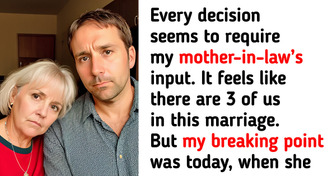
15 Powerful Photos That Moved Us Deeply

People Online Noticed Brad Pitt’s New Partner Is a Spitting Image of Angelina Jolie

Helen Hunt, 60, Stuns During Her Latest Appearance, and Her Lips Become the Center of Attention

Keanu Reeves Finally Cuts His Long Hair, and His New Look Causes a Stir

Anne Hathaway Deemed Unrecognizable After Her Face Shocked Many in New Pics

10+ Unusual Family Secrets That Made People Question Everything
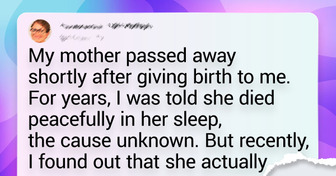
10 Parenting Mistakes We Should Avoid

15+ Comics That Show How Modern Life Is Different From How Our Parents Lived
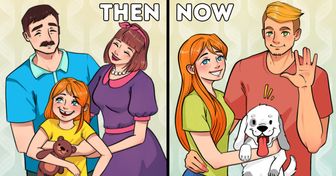
20 Hollywood beauties who used to look much more ordinary

20 Earth-Shattering Inventions That We Can Thank Women For
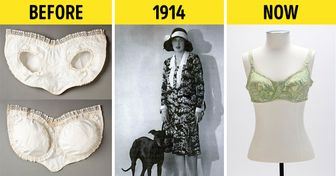
I Took the Money My Boyfriend Saved Up for an Apartment and Changed Our Relationship Forever


